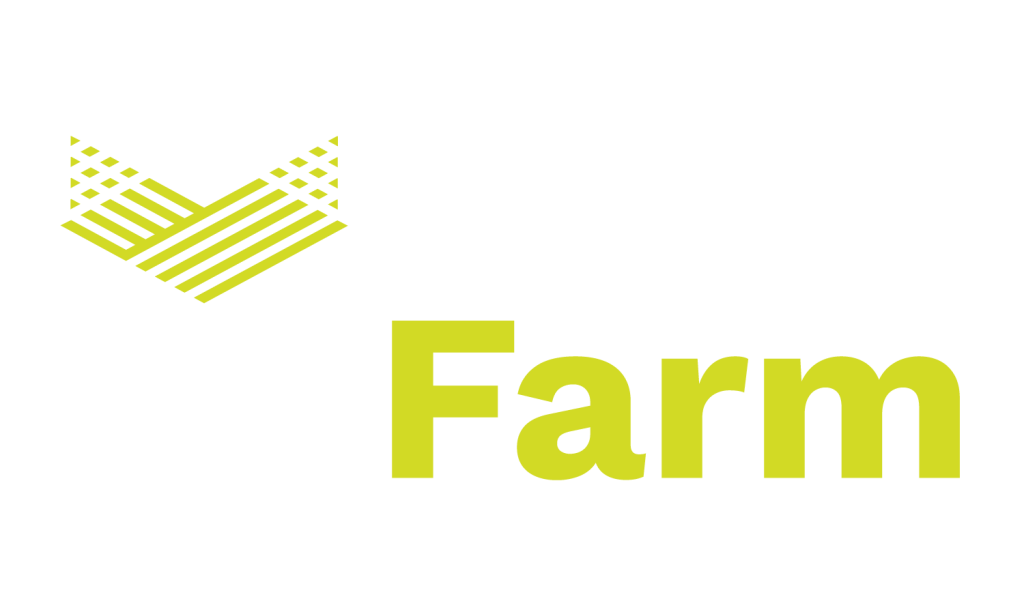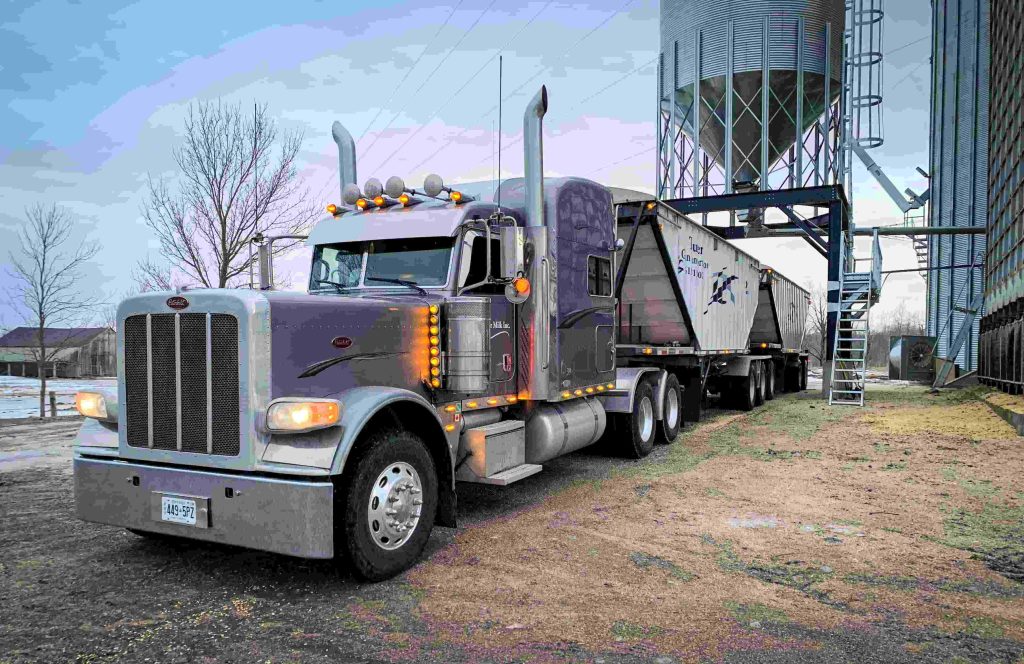Running a farm involves transporting various goods, including produce and livestock, which necessitates a thorough understanding of transit insurance. Ensuring your farm’s vehicles and the goods they carry are properly insured is vital for protecting your business from potential losses. Here’s a guide to the dos and don’ts of transit insurance for farms, covering everything from trucks and trailers to the produce and livestock in transit.
Dos
1. Do Insure All Vehicles
Ensure all trucks, trailers, and other farm vehicles used for transporting goods are comprehensively insured. This includes liability coverage, collision coverage, and comprehensive coverage to protect against damage from theft, vandalism, or natural disasters.
2. Do Include Cargo Insurance
Invest in cargo insurance to cover the value of your produce and livestock while in transit. This will protect against losses from accidents, theft, and other unforeseen events that could damage or destroy your cargo.
3. Do Understand Your Coverage
Clearly understand what your insurance policy covers and any limitations it may have. Some policies may not cover certain types of produce or livestock, so ensure that your specific needs are addressed in your policy.
4. Do Conduct Regular Vehicle Maintenance
Regular maintenance of trucks and trailers can prevent accidents and breakdowns, reducing the risk of claims and ensuring your insurance premiums remain manageable. Keep detailed records of maintenance to show your insurance provider.
5. Do Consider Third-Party Liability
Ensure your insurance policy includes third-party liability coverage. This protects you if your vehicle causes damage to someone else’s property or injures another person.
Dont’s
1. Don’t Underestimate the Value of Your Cargo
Avoid undervaluing your produce and livestock. Ensure your insurance coverage reflects the true value of your cargo to avoid significant losses if an incident occurs.
2. Don’t Neglect Driver Training
Properly trained drivers are less likely to be involved in accidents. Invest in training for your drivers to ensure they are skilled and knowledgeable about safely transporting farm goods.
3. Don’t Ignore Policy Exclusions
Every insurance policy has exclusions. Make sure you understand what is not covered by your policy to avoid unpleasant surprises when filing a claim.
4. Don’t Forget About Special Equipment
If you use special equipment, such as refrigeration units for transporting perishable goods, make sure this equipment is covered under your insurance policy.
5. Don’t Delay Reporting Claims
If an incident occurs, report it to your insurance provider immediately. Delaying can complicate the claims process and may result in denied claims.
Conclusion
Transit insurance is a critical aspect of managing a farm. By understanding the dos and don’ts, you can ensure that your vehicles, produce, and livestock are adequately protected against potential risks. Comprehensive coverage, regular maintenance, and a clear understanding of your policy can save your farm from significant financial losses, allowing you to focus on growing and transporting your goods with peace of mind.

